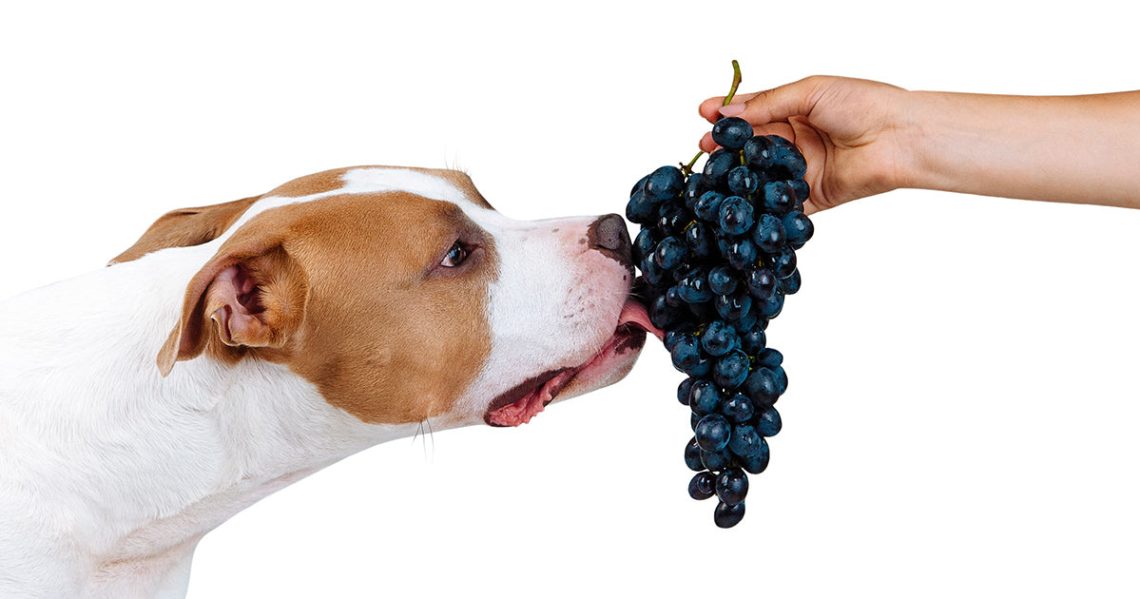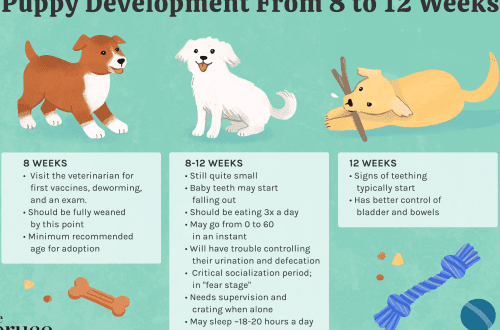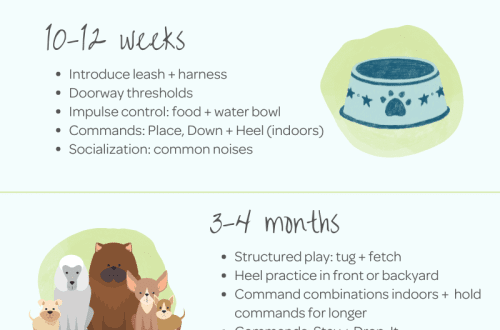
Can dogs eat grapes and raisins?
If grapes are a healthy and tasty dessert for people, then grapes and its dehydrated relative raisins are contraindicated for dogs. But how can these small berries harm a pet?
Contents
Why can’t dogs eat grapes?
According to the Journal of Internal Veterinary Medicine, the primary organ damage in dogs from grapes occurs in the kidneys. In fact, pets who snack on grapes or raisins are at risk of complete kidney failure within 48 to 72 hours of eating this forbidden fruit.
It is believed that the darker the color of the grape, the more toxic it will be to the pet. Can dogs eat raisins? Also no. Due to their lower water content and higher concentration of other ingredients, raisins pose a significantly higher risk to dogs. The exact amount of grapes per kg of dog body weight that will be fatal to him has not yet been established. However, according to Merck Veterinary Guidethere were cases when only 4-5 grapes led to the death of a dog weighing 8 kg.
The dog ate grapes: what to do
For most four-legged friends, the first symptoms of intoxication appear within 6-12 hours. Clinical signs may include the following:
- vomiting;
- diarrhea;
- increased nervousness in the early stages;
- lethargy that develops over time;
- anorexia;
- abdominal pain;
- weakness;
- dehydration;
- frequent urination in the early stages;
- shiver;
- lack of urination due to kidney failure.
To the toxicity of grapes and raisins, all dogs are susceptible – males and females, castrated and uncastrated, chihuahua и Danishdogs, puppies and older dogs. Ingestion of just a few raisins can be fatal, depending on the size of the pet and other factors, many of which are not yet fully understood. Animals with impaired function kidneys are more at risk of grape and raisin poisoning.
Grape Poisoning in Dogs: When to Call the Vet
Ingestion of grapes or raisins by a pet is an emergency situation that requires the immediate attention of a veterinarian. If a dog has ingested grapes less than an hour ago, the specialist will most likely try to induce vomiting in order to remove the berries from its system.
If the removal of the grapes from the stomach by vomiting has failed or several hours have passed since ingestion, the veterinarian will likely recommend hospitalization for intravenous fluids and careful monitoring of kidney values. In most cases, experts recommend keeping the dog in the hospital for the entire high-risk period, which is approximately 48 to 72 hours.
Diagnosis often involves a history taking, and confirmation of ingestion is sufficient evidence of grape or raisin toxicity. Constantly observed clinical signs will provide the veterinarian with valuable clues that will help determine the level of harm caused to health. It is important to remember that diagnosis can take time and that there are no specific tests to confirm grape or raisin poisoning. Basic blood and urine tests are taken to check for abnormalities Featureskidneys.
The dog ate raisins or grapes: forecast
After the pet is discharged from the hospital, periodic laboratory tests to monitor kidney function may be recommended. These tests are non-invasive and usually include blood or urine testing. The dog will likely need to be closely monitored for several weeks as it may take time for normal kidney function to return.
Four-legged friends who show no clinical signs can have an excellent prognosis if treated early. However, it may be uncertain if treatment is delayed or if the pet is diagnosed with kidney failure.
It can often take several days or even weeks to restore normal kidney function. Unfortunately, in some cases, kidney function may not recover at all. However, many dogs can live healthy and happy lives even with reduced organ function, but their diet will require significant adjustments. If a veterinarian diagnoses a pet with decreased kidney function, it is important to find out everything about medicinalfeedfordogs, thatdeveloped byspeciallyformaintainingrenalFeatures.
See also:
- Is it possible to give pets fruits and berries?
- Food Allergies in Dogs: Symptoms and Treatment
- Treats for dogs: what and when to treat
- Human food not to be given to dogs





